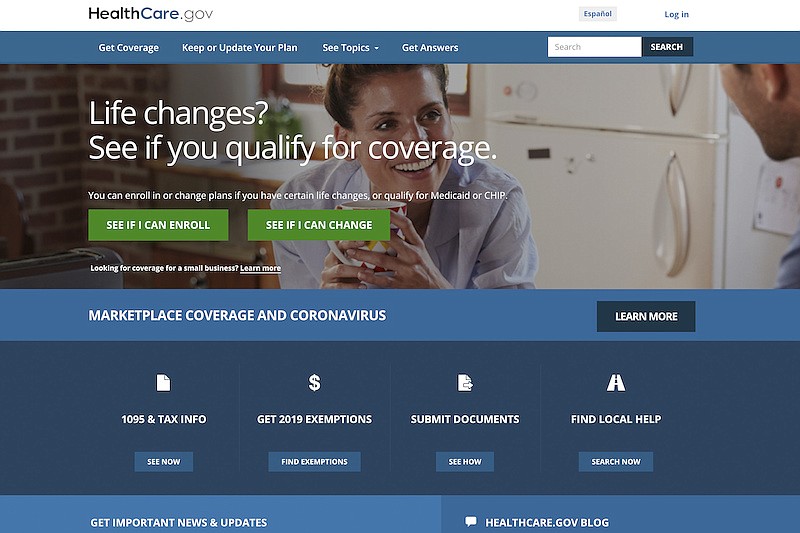On Nov. 10, one week after the presidential election, the U.S. Supreme Court will hear arguments that the Affordable Care Act of 2010 (ACA) is unconstitutional and should be repealed. The case originated in Texas and Wisconsin. Subsequently, 18 additional states, including Tennessee, Alabama and Georgia joined the suit. Federal district and appellate courts sided with the plaintiffs. The Trump administration added its support in June. California leads a coalition of 17 states that are defending the ACA.
From its inception, the ACA has faced repeated challenges to its constitutionality. In 2012, the Supreme Court upheld the individual mandate, which requires most persons to carry a minimal level of health insurance. Failure to do so invoked a tax penalty.
The court also ruled that the ACA could not require individual states to expand their Medicaid programs. Expansion became optional. To date, 38 states and the District of Columbia have broadened their Medicaid programs to include all individuals earning up to 138% of the federal poverty level ($12,490 for an individual, $25,750 for a family of four). Currently, the U.S. government pays 90% of the cost of expansion. Several states that voted to expand their Medicaid programs are in the coalition to repeal the ACA.
In June 2017, an effort by Senate Republicans to repeal the ACA failed by a 51-48 vote. Three Republican senators (John McCain, Susan Collins and Lisa Murkowski) and two independents joined Democrats in the majority.
In August 2017, Congress passed tax legislation that eliminated the penalty for individuals who did not have health insurance, although the requirement for Americans to have coverage was left intact.
Benefits of the ACA are overlooked in the current toxic, political environment. Key provisions include: Insurance plans cannot exclude anyone with a pre-existing health problem. Children can remain on their parents' plans until age 26. Tax credits for the purchase of health insurance are available for individuals whose income falls below 400% of the federal poverty level. Small business tax credits allow these companies to provide coverage for employees. Insurance exchanges allow customers to compare health care plans and pick the one that best fits their needs. Ten essential benefits, including preventive care services, cancer screening, immunizations, and mental health and addiction therapy must be included in all plans.
Since enactment of the ACA, an estimated 20 million Americans gained health insurance. Expansion of state Medicaid programs dramatically reduced the number of uninsured persons among the poor.
Critics of the ACA have not offered a comprehensive replacement. They attack the ACA as an example of "socialized medicine." They contend that the ACA has led to higher health care costs, while depriving patients of choices of providers. The "free market" is touted as the answer to health care coverage.
The Trump administration has offered piecemeal approaches to health care. In late 2017, the president issued an executive order which authorized low-cost, short-term health insurance policies, which provided coverage up to one year. These policies often exclude pre-existing conditions. Another executive order on Sept. 24 affirmed protection for all people with pre-existing conditions, despite this guarantee in the ACA. The president also announced approval for importing from Canada lower-cost, prescription drugs, excluding biologic agents such as insulin. Canada opposes the measure because of problems which would be created in its own supply chain of medications.
In the absence of a comprehensive, alternative health insurance plan, repeal of the ACA in the midst of the COVID-19 pandemic would be disastrous for patients and providers.
Should the Supreme Court overturn the ACA, I suggest that the justices surrender their own health insurance coverage until such time as the Congress passes a comprehensive replacement.
Contact Clif Cleaveland at ccleaveland@timesfreepress.com.
